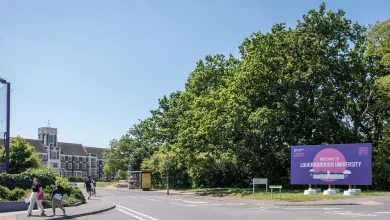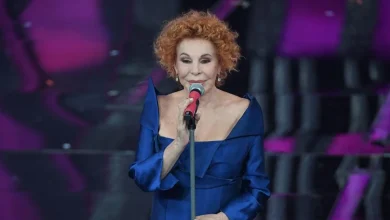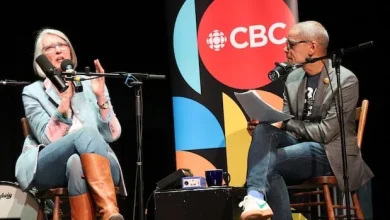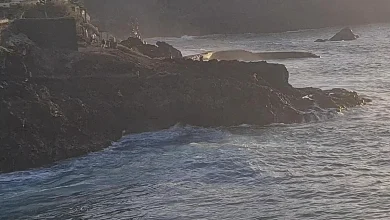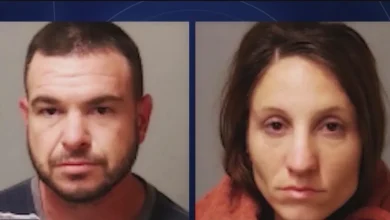ICC to rule on provisional release of ex-Philippine leader Rodrigo Duterte
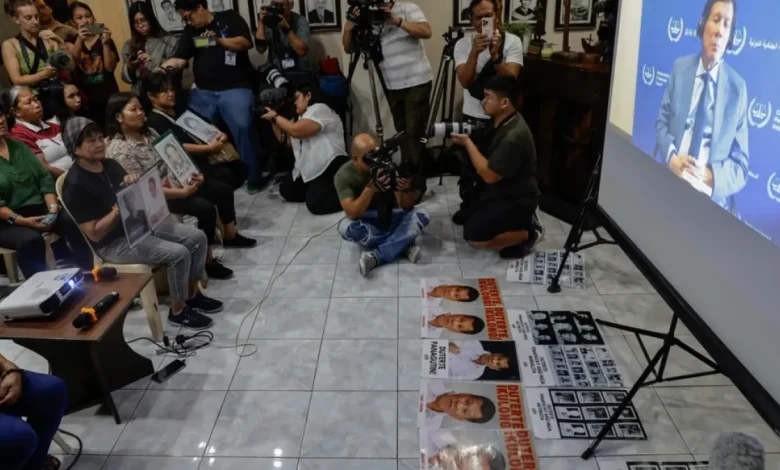
Appeals Chamber of The Hague court cites risk of flight and possibility of the accused evading trial in denying appeal.
The International Criminal Court (ICC) Appeals Chamber has rejected a request to release from detention former Philippine President Rodrigo Duterte, who has ongoing proceedings against him on charges of crimes against humanity.
In a decision issued on Friday, the ICC appeals court rejected all three grounds cited by Duterte’s defence lawyers for his release citing the risks of flight and possibility of the accused evading trial.
Recommended Stories
list of 3 itemsend of list
“Having rejected the three grounds of appeal, the appeals chamber unanimously confirms the impugned decision,” the ICC Appeals Chamber President Judge Judge Luz del Carmen Ibáñez Carranza said.
As a former president of the Philippines and as a newly-elected mayor of Davao City, Duterte could also exert political influence to avoid facing the charges against him, the court added.
Duterte’s legal team was appealing an October decision to keep him in custody after judges found that he was likely to refuse to return for trial and could use his freedom to intimidate witnesses.
Prosecutors at the ICC say Duterte was involved in dozens of killings as part of his so-called war on drugs when in office, first as the mayor of a southern city and later as president from 2016 to 2022.
According to court filings, Duterte instructed and authorised “violent acts including murder to be committed against alleged criminals, including alleged drug dealers and users”.
Estimates of the death toll during Duterte’s presidential term vary.
National police put the figure at more than 6,000, while human rights groups claimed up to 30,000 killings.
Families of victims hailed Duterte’s arrest in March. He has been in detention at The Hague for more than eight months.
Duterte’s lawyers say he is “infirm and debilitated” and that it is “cruel” to keep him in custody during the trial. In September, the court postponed a pretrial hearing until a full medical assessment could be made.
According to filings by his lawyers, Duterte’s “cognitive faculties” have declined to a level that he cannot assist his lawyers.
Family members who visited him in detention, however, contradicted those statements, saying he is doing “well” and “very engaged”.
In a separate visit, Duterte’s daughter, Vice President Sara Duterte, had suggested that his supporters should march to his detention centre and stage a “jailbreak”.
Last month, judges rejected a challenge to their jurisdiction in the case.
In Manila, Kristina Conti, a leading human rights lawyer who represents the families of victims, expressed 99 percent confidence that Duterte’s appeal will be rejected.
“There’s a strong evidence why he [Duterte] should stay in jail,” Conti said earlier in a statement posted on social media.
“It is important to point out that the defence is not contesting the reasonable basis that he committed crimes against humanity. The basis of the request [is] physical and mental health,” she added.
“Because there’s a strong and factual legal findings in the pre-trial chamber, there’s no reason why it should reverse its ruling in September and grant him interim release,” Conti stressed, listing several other legal provisions.
ICC prosecutors announced in February 2018 that they would open a preliminary investigation into the violence that took place during Duterte’s time in power.
In a move that human rights activists say was aimed at escaping accountability, Duterte, who was still president, announced a month later that the Philippines was withdrawing its membership from the ICC.
The charges against Duterte date from November 1, 2011, when he was still mayor of the southern city of Davao, to March 16, 2019, when the withdrawal from the ICC took effect.

